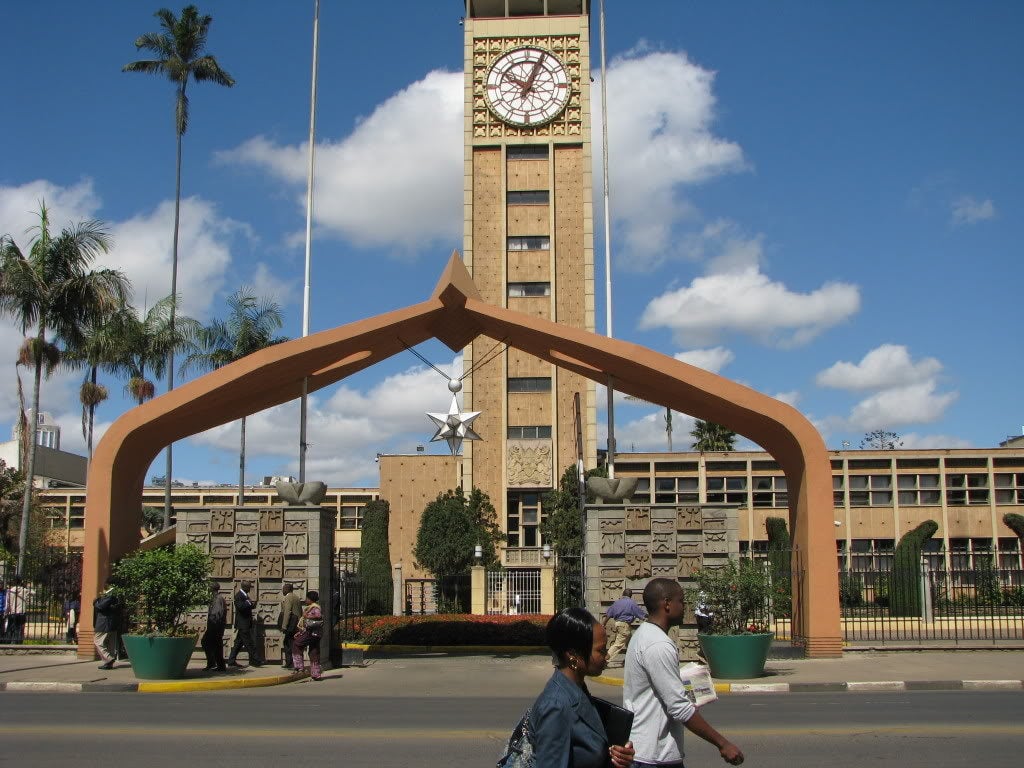State mulls measures to cut debt servicing costs
By Noel.Wandera, December 3, 2021Parliamentary Budget Office (PBO) has raised a red flag on the inability of the manufacturing sector to spur growth and create jobs in the medium term, saying the goal remains elusive.
In its budget options for the period 2022/23 and the medium term, PBO draws its conclusion from the fact that the sector’s share of gross domestic product (GDP) has steadily declined in the last 10 years, despite the Big Four agenda target of increasing it to 15 per cent by 2022.
Significant contraction
The situation has been made worse by the Covid-19 pandemic, which PBO says has led to a significant contraction of the sector’s output, dampening further its rebound. In the industry sector, manufacturing accounts for the largest share in GDP but trends show a progressive decline, both as a share of GDP and as a share of formal wage employment.
It is a key pillar of the Big Four agenda in the third medium term plan (MTP III), with the targeted outcome being an increase of one million additional jobs created annually, increase in the level of foreign direct investment to Sh2 billion and improvement in ease of doing business in Kenya from 80 in 2017 to 45 by 2022.
“Indeed, the share of manufacturing in formal wage employment declined from 12.7 per cent in 2016 to 11.6 per cent in 2020. In 2020, the Covid-19 pandemic and the resultant restrictions led to a significant contraction of the sector’s output by 3.9 per cent in the second quarter, and 3.2 per cent in the third quarter,” says PBO.
To mitigate the economic shock waves of the pandemic, businesses shifted their focus to improving cash flows due to prevailing cash constraints, reducing costs and retaining jobs.
Thus, reckons the PBO, addressing liquidity constraints by businesses and a deliberate push to invest in manufacturing oriented micro, small and medium enterprises (MSMEs) could be the shot in the arm needed to revamp the economy and create jobs.
It gives key interventions that may enable growth sector as enhanced access to affordable credit and training through interventions like Credit Guarantee Scheme and Kenya Industrial Estate which finances SMEs as well as increased government support to Economic Processing Zones and Special Economic Zones.
More Articles

